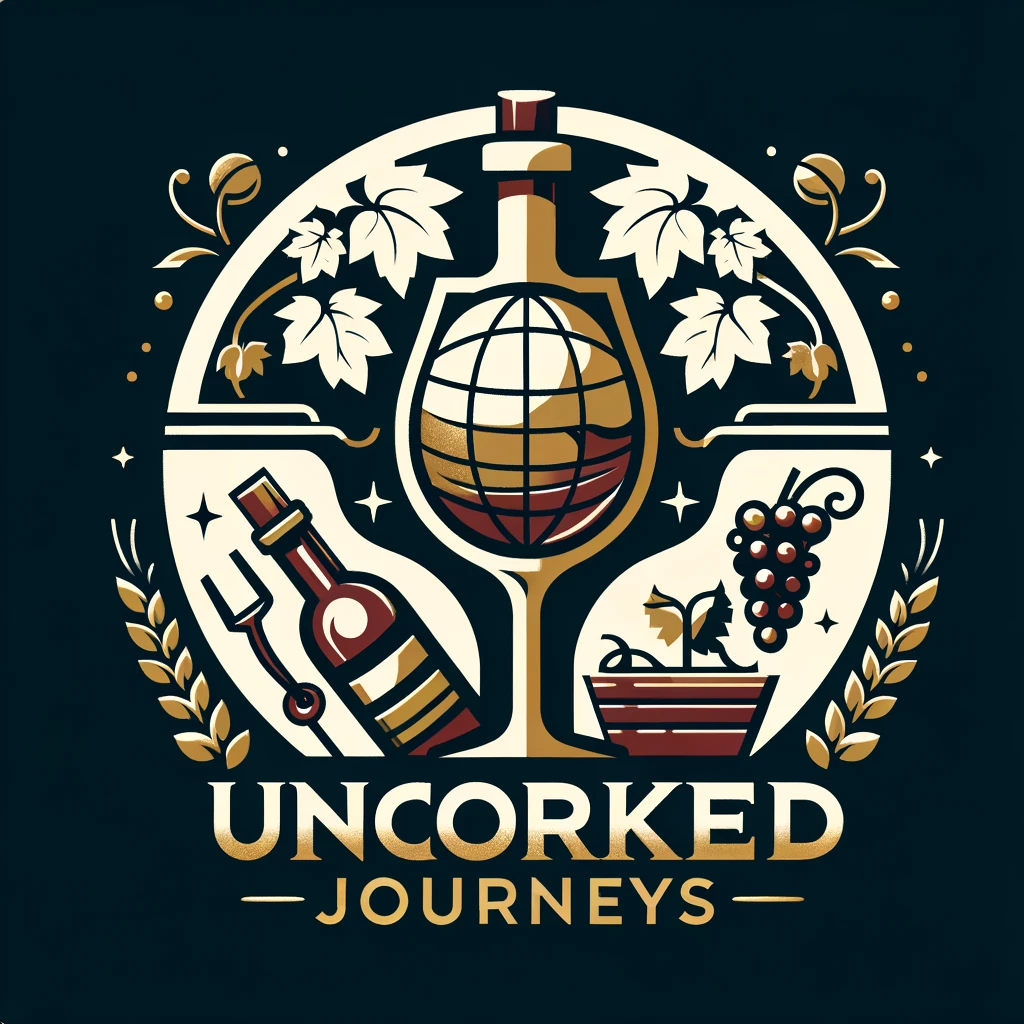Provence
Provence, France, is a region steeped in wine culture and traditions that date back over 2,600 years, making it one of the oldest wine-producing areas in France. The art of winemaking was introduced by the ancient Greeks and later refined by the Romans, who recognized the potential of Provence's diverse terroir. The region's wine culture is deeply embedded in its lifestyle, where vineyards stretch across sunlit hills and Mediterranean breezes carry the aroma of ripening grapes. Winemaking is a celebrated tradition in Provence, with generations of families passing down expertise to ensure their wines capture the essence of the region's unique characteristics.
The history of wine-making in Provence reflects the influence of various civilizations, from the Greeks and Romans to medieval monasteries that cultivated vineyards as part of their spiritual practice. Over time, Provence established itself as a hub for rosé wines, earning a global reputation for excellence. Today, it is widely recognized for its pale pink, aromatic rosés, which account for the majority of the region's wine production. These wines, often enjoyed in the warm Mediterranean climate, are a cornerstone of Provence's identity and a testament to centuries of dedication to the craft.
Among the noteworthy wines of Provence, Bandol stands out as a region producing robust reds made predominantly from Mourvèdre grapes. These wines are known for their complexity and aging potential, often exhibiting notes of dark fruits, spices, and earthy undertones. The rosés from Côtes de Provence, with their delicate floral and citrus profiles, are another highlight, perfectly complementing the region's cuisine. White wines, though less common, showcase varietals such as Rolle (Vermentino), offering a refreshing alternative with flavors of stone fruits and herbs.
The soil and climate of Provence play a crucial role in shaping the character of its wines. The region benefits from a mix of limestone, clay, and schist soils, which provide excellent drainage and nutrient balance for the vines. The Mediterranean climate, with its abundant sunshine, mild winters, and cooling Mistral winds, creates optimal conditions for grape ripening while protecting the vines from diseases. This combination allows for the development of vibrant acidity and complex flavor profiles in the wines, particularly enhancing the fruity and floral qualities of the rosés and the structured tannins of the reds.
An interesting aspect of Provence's wine culture is the harmonious integration of its vineyards with the surrounding landscape. Many wineries in the region practice sustainable or organic farming methods, respecting the natural ecosystem. This commitment to environmental stewardship not only preserves the beauty of Provence but also contributes to the purity and authenticity of its wines. Visitors to the region often remark on the seamless blend of wine, food, and scenery, making Provence a quintessential destination for wine enthusiasts seeking an immersive experience.
Provence is also known for its innovative approaches to winemaking, with producers experimenting with new techniques while honoring traditional methods. This spirit of innovation has helped maintain the region's relevance in a competitive global wine market. From the use of modern winemaking technology to the revival of ancient grape varietals, Provence continues to evolve, offering wines that reflect both its storied past and its vibrant present. The region's wines capture the essence of the Mediterranean lifestyle, inviting wine lovers to savor the artistry and passion behind each bottle.
